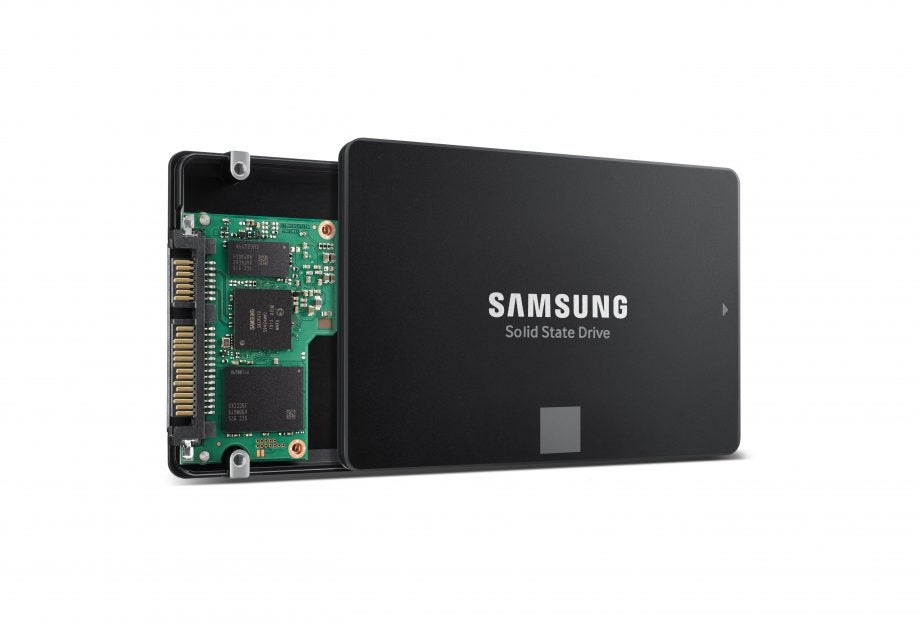Samsung reveals next-gen SSDs with new 100-layer V-NAND

Samsung has announced production time on its new drives has been cut by four months, with work now having begun on 250GB SATA SSD versions.
Samsung’s new sixth-generation SSD is the first of its kind to feature 100-layer 3D V-NAND – breaking through the current cell stacking limitation. The SSDs will tout writing speeds below 450 microseconds and reading response times of below 45 microseconds.
Related: Best SSD
Following the beginning of Samsung’s production of the new 250GB models, a 512GB model will start getting made later in the year. Samsung aims to offer high-speed, high-capacity SSDs and eUFS drives based on the new V-NAND technology.
Samsung’s new drives will see a performance increase of 10% along with a power consumption reduction of 15%.
Samsung Electronics executive vice president Kye Hyun Kyung said of the new technology:
“By bringing cutting-edge 3D memory technology to volume production, we are able to introduce timely memory lineups that significantly raise the bar for speed and power efficiency.
With faster development cycles for next-generation V-NAND products, we plan to rapidly expand the markets for our high-speed, high-capacity 512Gb V-NAND-based solutions.”
The new class of performance is achieved through – what Samsung calls – “channel hole etching” technology. The new V-NAND adds around 40% more cells to the previous 9x-layer single-stack structure.
The V-NAND technology allows the drives to avoid issues NAND drives can encounter. V-NAND uses a speed-optimised circuit design that allows the drives to achieve faster data transfer feeds without inviting error and speed slow down.
Samsung has future plans to use 3D V-NAND on next-generation mobile devices as well as enterprise servers. Samsung also touts automobiles as a market the technology could move into.
Faster productivity has been achieved by reducing the number of channel holes needed to produce a 250GB chip density. The number of holes was previously 930 million in the previous generation – Samsung has reduced the number down to 670 million.
The reduction means smaller chip sizes, fewer process steps and the over 20% improvement in manufacturing productivity.

